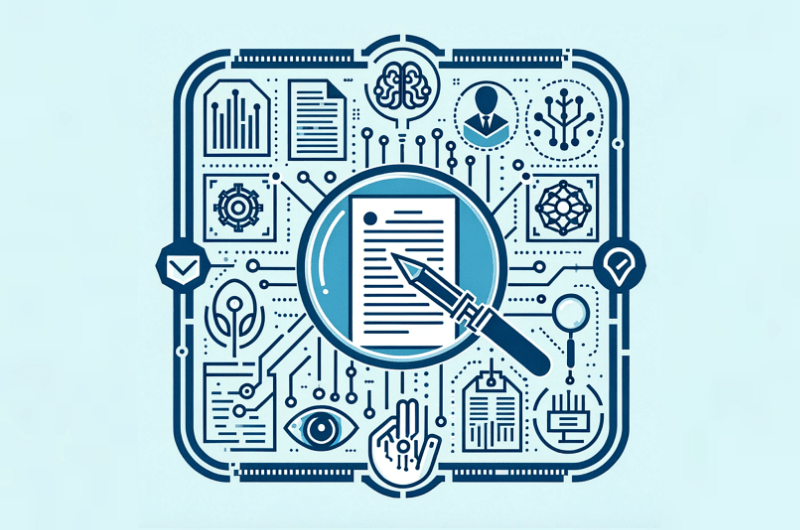In the rapidly evolving data privacy and compliance landscape, businesses face the Herculean task of navigating through dense, complex documents such as privacy policies, data governance manuals, and contractual agreements. These documents are voluminous and fraught with intricate legal jargon and industry-specific nuances. The challenge of meticulously evaluating these documents is compounded by the need for domain-specific knowledge, which demands considerable time, resources, and expertise.
The traditional approach relies heavily on human experts with the requisite knowledge to parse through these documents, identify potential risks and gaps, and ensure compliance with prevailing laws and regulations. However, even for the most seasoned professionals, connecting complex relationships across different document sections and distilling them into actionable insights remains daunting. This process is labor-intensive and incurs significant costs, given the high demand for specialized expertise.
The Quest for Solutions: Beyond the Limitations of Human Analysis
As organizations grapple with these challenges, the quest for efficient solutions has led to exploring advanced technologies. One such development is the adaptation of out-of-box Large Language Models (LLMs) to provide contextual analysis of extensive documents. Recent advancements have seen LLMs supporting longer contexts as inputs, aiming to alleviate the burden of manual document review. However, the accuracy and reliability of these models in comprehensively understanding and analyzing complex legal and compliance documents remain underwhelming.
The RAG Revolution and Its Constraints
The introduction of Retrieval-Augmented Generation (RAG) presents a promising alternative to address the shortcomings of LLMs. Conventional RAG combines the generative capabilities of LLMs with an external knowledge retrieval mechanism, enhancing the model’s ability to provide more accurate and contextually relevant responses. This integration facilitates ongoing knowledge updates and seamless integration of domain-specific information. RAG has shown commendable performance in parsing articles, novels, and other linear texts, where it excels in fetching pertinent information to support generation tasks.
However, applying conventional RAG in analyzing hierarchical or referential content typical in privacy policies and governance documents encounters significant hurdles. Such documents necessitate the extraction of information and an understanding of the broader business, legal, and ethical implications—areas where conventional RAG struggles. Additionally, RAG’s effectiveness diminishes when tasked with maintaining cohesiveness and relevance throughout complex documents, highlighting its limitations in handling nuanced interdependencies and legal frameworks.
The Horizon: Advanced Solutions and Customized RAG
Despite these challenges, the horizon is bright, promising more sophisticated solutions. Advancements in RAG technology, including customized RAG configurations and multi-agent systems, are on the cusp of revolutionizing document analysis in data privacy and compliance. These innovative approaches aim to overcome the limitations of conventional models by enhancing their capability to process hierarchical information, recognize intricate relationships, and provide cohesive, comprehensive analyses.
Furthermore, incorporating feedback mechanisms into these systems signifies a leap toward models that learn from interactions, continuously improving their accuracy and relevance. Such advancements herald a future where the daunting task of document analysis becomes manageable and efficiently automated, allowing professionals to focus on strategic decision-making and innovation.
A Promising Horizon
The journey from traditional document evaluation methods to advanced RAG technologies represents a paradigm shift in how businesses analyze privacy and compliance documents. While challenges remain, the advancements in RAG systems offer a beacon of hope for automating and streamlining this critical yet cumbersome process. As these technologies continue to evolve, they promise not only to enhance efficiency and accuracy but also to democratize access to expert-level analysis, enabling businesses to navigate the complex landscape of data privacy and compliance with newfound agility and confidence.
Stay tuned for more insightful blogs delving deeper into the intricacies of data privacy and compliance analysis with advanced AI solutions. Myself and the rest of my team at Pyxos will be sharing our thoughts and perspectives on how these innovative technologies are shaping the future of document evaluation and compliance management.



